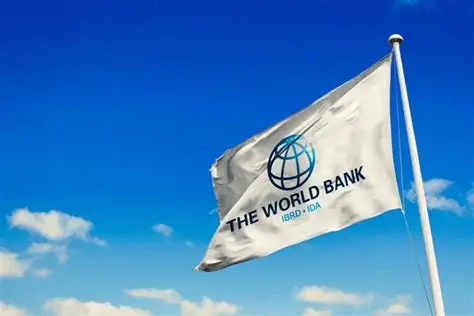The World Bank has issued a warning to African nations, cautioning them against their debt management practices following Kenya’s buyback of the Ksh254 billion Eurobond last year.
According to the multilateral lender, in its Country Policy and Institutional Assessment report for Sub-Saharan Africa, while Kenya successfully paid off the multi-billion-dollar debt, the repayment came at a significant cost due to what it termed a ‘debt rollover.’
A debt rollover is the repayment of a maturing loan using a new loan, instead of the country using its own finances to pay off the principal amount.
The World Bank noted that Kenya’s decision to issue a fresh Eurobond to repay the Ksh254 billion debt that matured in June last year placed the country at risk of debt distress due to the high interest rate charged on the new loan.
The lender revealed that Kenya’s buyback of the previous Eurobond using a new debt instrument was financed at an interest rate about 400 basis points higher than the previous financing rate, highlighting the cost of such manoeuvres even when successful.
The World Bank reiterated that when a country such as Kenya faces uncertainty over its maturing debt, it is forced to ‘roll over’ by borrowing fresh debt at a high interest rate to repay the maturing loan.
“Large maturity payments increase the risk of having to roll over debt in tight credit conditions and can test the liquidity levels of public markets, thereby making debt service especially expensive,” the World Bank warned.
“The most extreme case of this in 2024 was Kenya, whose successful issuance of a Eurobond in February allowed for the early buyback of a US$2 billion Eurobond maturing in June, thereby calming the forex markets,” it added.
Similarly, the lender highlighted that the debt challenges faced by African nations were further evident in the experience of the Democratic Republic of Congo, which has defaulted several times on its debts.
The World Bank warned that while Congo was actively trying to manage its bulging debts, the country’s default on its regional debts acted as a stark reminder of late debt servicing, which comes with penalties and higher interest rates.
Meanwhile, the multilateral lender, in its report, also raised concerns over the increasing levels of non-performing loans in Kenya’s banking sector, which it argued risked plunging local banks into losses.
The World Bank disclosed that while Kenya’s banking sector was sound and stable, non-performing loans remained a major vulnerability, warning that such a trend could erode the banks’ capital buffers.



















